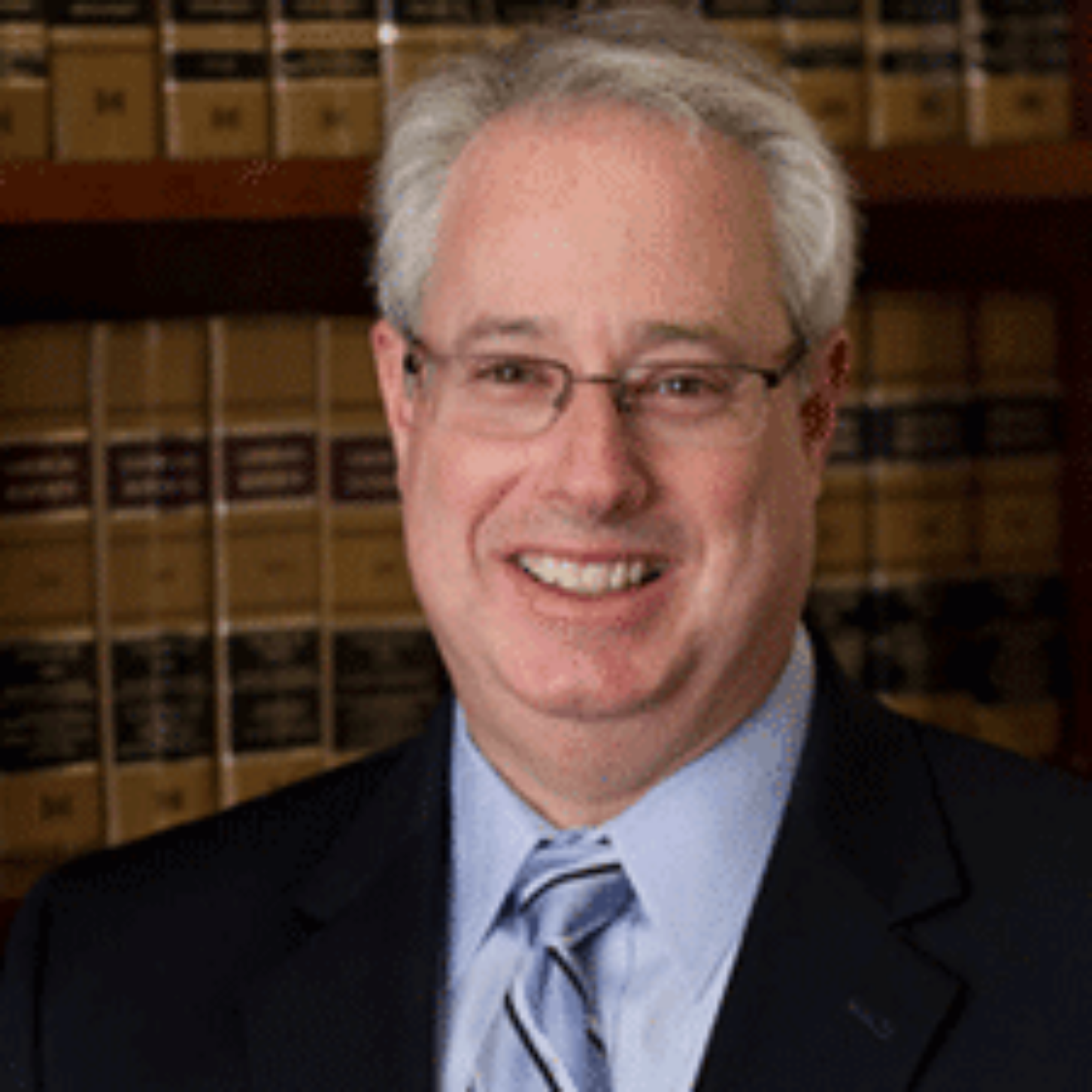
By Mike Klein

Monday morning millions will pay attention via media reports but only a few dozen will be inside when the U.S. Supreme Court begins three days of arguments that will decide the constitutionality of President Barack Obama’s federal health care reform law. Georgia Attorney General Sam Olens will be among those few who have a seat in the Court where history will begin to unfold.
“We won’t know the opinion until the end of June,” Attorney General Olens said this week when he discussed the case before Georgia Public Policy Foundation members and guests. The lawsuit that reached the U.S. Supreme Court is just one of several filed nationally that all had the same goal: Throw out the Patient Protection and Affordable Care Act and start over.
Georgia is among 26 plaintiff states that are challenging the law before the Supreme Court. U.S. District Court Judge Roger Vinson ruled the individual mandate unconstitutional in his January 2011 decision. Vinson further ruled that the mandate is the essential component of the entire law and, therefore, he declared the entire law unconstitutional.

The federal government appealed to the 11th Circuit Court of Appeals in Atlanta. Last August the appellate court upheld Judge Vinson’s individual mandate decision by a 2-1 margin but the three-judge panel also ruled that the mandate could be severed from the entire Act, so the remainder of the law could stand. “We didn’t like that part of the ruling,” Olens said.
That is a very condensed version of how this case got to the Supreme Court. As the Attorney General outlined, six hours of arguments over three days will be conducted as follows: Monday the Court will consider whether legal challenges are premature or whether challenges must wait until after the law takes full effect in January 2014. Individual mandates will be argued Tuesday and Medicaid expansion Wednesday.
Olens explained the question-at-hand for Monday. “The issue is simply that you cannot file a lawsuit on the imposition of a tax before the tax is collected,” the Attorney General said. “Since the tax, or penalty, is not collected, until January 2014 the theory goes this case has been prematurely brought and you would have to re-file it after January 2014.”
The individual mandate section to be argued Tuesday has generated the most headlines since the Obama administration began to pursue health care reform legislation. It would require that every adult American – “with minimal exceptions,” Olens said — must obtain health insurance or pay a penalty to the federal government starting in 2014.
This raises the question: can the federal government force citizens to purchase any product, and if they choose to not purchase the product, can the government then impose a fine? The U.S. District Court in Florida and the Appellate Court in Atlanta both said no. Other courts have issued different rulings, causing confusion and requiring a Supreme Court final decision.
Medicaid expansion under this law – without federal funds to support the expansion – is the Wednesday discussion. Olens said Georgia’s Medicaid-eligible population could swell by 650,000 to 750,000. The reason is the bill establishes Medicaid eligibility at 133 percent of the federal poverty level starting in 2014. Medicaid is a shared federal – state partnership but states increasingly are being forced to absorb expanded costs even before this new law takes effect.
“We already know that (fewer) doctors will accept Medicaid,” Olens said. “What happens when we have a 35 percent increase in the number of Georgians that are then on Medicaid? It is an additional $2.5 billion cost (to Georgia) over the decade.”
Attorney General Olens also said the federal health care law will require large employers that include state governments to offer a minimum level of benefits, as decided by the federal government. “They are telling us what coverage we need to provide to state employees,” Olens said. “That ought to be your decision, not the federal government’s decision.”
Click here to watch Attorney General Olens discuss this subject on the Foundation YouTube channel. Click here to read Public Policy Foundation Senior Fellow Ron Bachman’s discussion of state-based health care policy solutions. Click here for links to additional resources.
